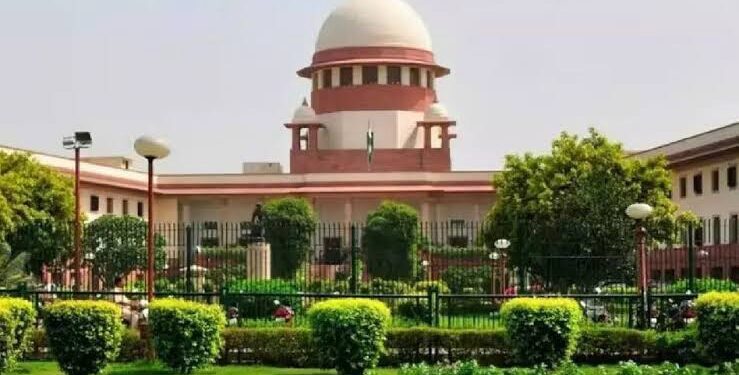Lagatar24 Desk
New Delhi: The Supreme Court on Tuesday strongly criticized the expansion of the non-resident Indian (NRI) quota in Punjab’s medical colleges, labeling it a “fraud” that allows financially powerful but less meritorious students to secure admissions, while more deserving candidates are left out.
A bench headed by Chief Justice of India Dhananjaya Y Chandrachud, along with Justices JB Pardiwala and Manoj Misra, dismissed petitions challenging the Punjab and Haryana High Court’s decision to quash the Punjab government’s controversial move to expand the NRI quota by including distant relatives of NRIs, such as uncles, aunts, and cousins.
Fraudulent NRI Quota Expansion
“We must stop this NRI quota business now! This is complete fraud, and this is what we are doing to our education system,” remarked the bench. The Supreme Court was particularly vocal about the misuse of the NRI quota, saying it was being used as a “money-spinning tactic” to bypass merit-based admissions.
The Punjab government’s August 20 notification that redefined “NRI candidates” was struck down by the high court on September 11, which declared that such an expansion was unjustified and contrary to the original purpose of the NRI quota, meant to serve genuine NRIs seeking education in India.
Upholding Merit in Education
The Supreme Court emphasized the importance of merit-based admissions, arguing that a broader NRI quota only benefits less deserving candidates with financial power. “The students who got three times higher scores have lost out. We cannot lend our authority to something which is blatantly illegal,” the bench observed.
The court also dismissed comparisons made by senior advocate Shadan Farasat, who argued that similar NRI quota expansions existed in other states such as Himachal Pradesh and Uttar Pradesh. The court firmly reiterated that merit should not be diluted for financial gain.
References to PA Inamdar Judgment
Senior advocate Abhimanyu Bhandari, representing the petitioner who initially challenged the notification in the high court, referred to the PA Inamdar judgment (2005), which frowned upon the misuse of NRI quotas to enable people to buy their way into educational institutions. The Supreme Court agreed, underscoring that the NRI quota should be reserved for genuine NRIs, with no place for sidestepping merit.
The ruling is seen as a significant step towards upholding fairness in the education system and preventing the misuse of quotas meant for specific communities.







